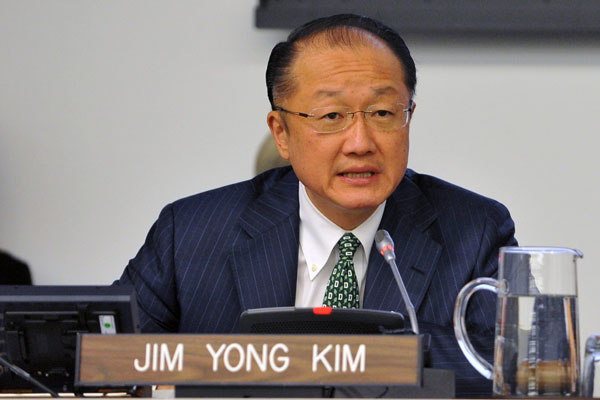In his October 1 speech to the 45th Annual Meeting of the Association of American Chambers of Commerce in Latin America, World Bank President Jim Yong Kim made his pitch to (re)assure private business leaders that he is serious about private-sector-driven economic growth and development.
In a rather confessional tone, Kim emphasized:
[O]ne of the things we’ve learned is that, 90 percent of all jobs are created in the private sector. And while there have been arguments in the past about the appropriate way to development—do we close off our societies and just redistribute or do we open up our societies and try to spur the private sector to grow—what did we learn from the Arab Spring? We learned that it has to be inclusive, especially of young people but in a way that’s sustainable, that only through growth in the private sector with jobs that are both inclusive and sustainable can societies reach their highest aspiration. It’s something that I learned in a very real way in all of my work.
Kim had previously noted, in his statement in connection with his nomination, that he is “committed to a strong, evidence-based approach to problem solving.” That’s good, because the evidence is clear: A high level of economic freedom promotes prosperity and facilitates progress in overall human development, including better health, longer lives, greater education, and cleaner environments. And freer countries have a much better record at reducing poverty, too.
As indicated by the findings of The Heritage Foundation’s Index of Economic Freedom, sustaining dynamic and inclusive economic growth requires putting into practice three fundamental principles of economic freedom: (1) empowerment of the individual, (2) non-discrimination, and (3) open competition.
If Kim is really serious about charting a course for the World Bank to truly fulfill its mission and address global poverty in a meaningful and effective manner, his leadership should focus on advancing economic freedom.
